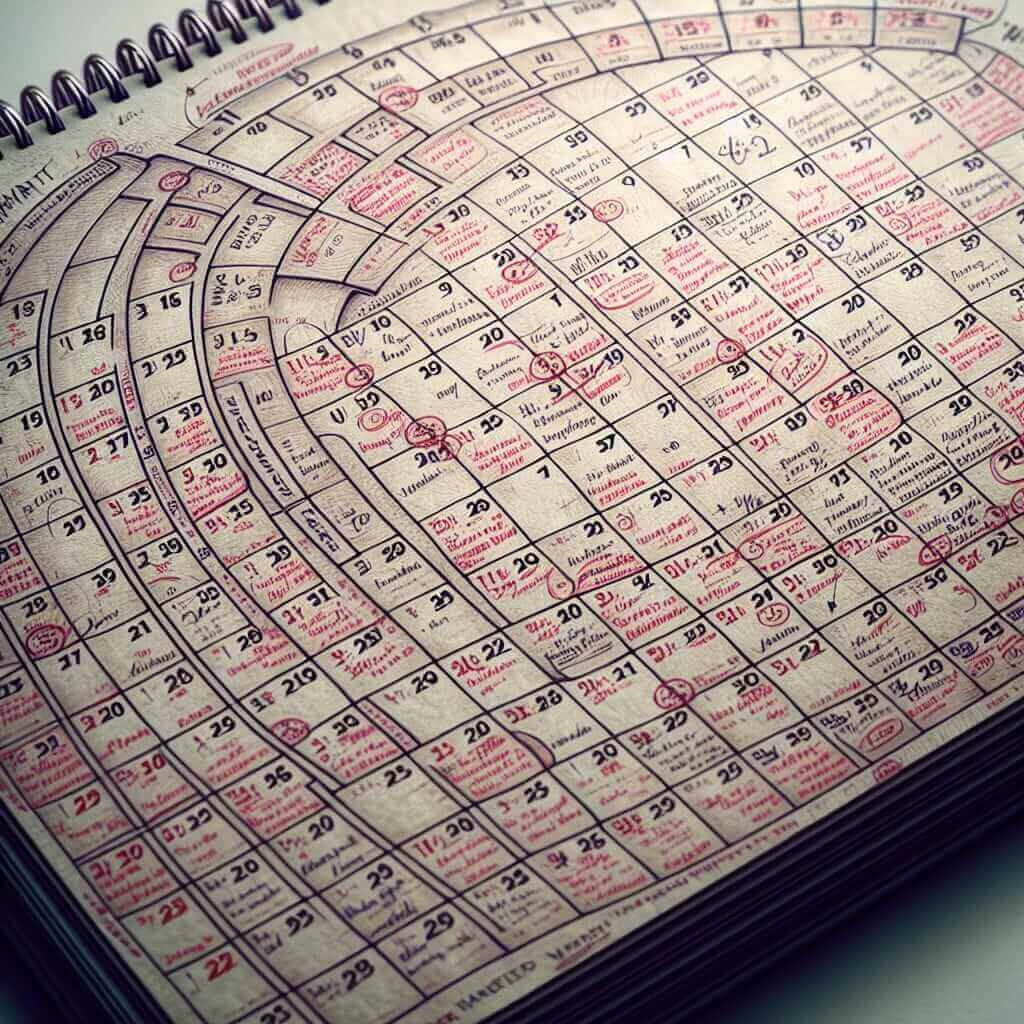As an IELTS instructor with over two decades of experience, I understand the importance of precision in the IELTS Speaking test. One area where candidates often seek clarity is how to express dates accurately and naturally.
This comprehensive guide delves into the nuances of articulating dates in the IELTS Speaking exam, equipping you with the skills and confidence to impress the examiner.
Why are Dates Important in IELTS Speaking?
Dates provide context and specificity to your narratives. Whether you’re discussing personal experiences, historical events, or future plans, accurately conveying dates demonstrates your command of English and strengthens the clarity of your communication.
Expressing Dates in IELTS Speaking: Best Practices
Here’s a breakdown of how to articulate dates effectively:
1. Ordinal Numbers and Years:
- Use ordinal numbers (1st, 2nd, 3rd, 4th, etc.) when speaking about specific dates.
- Example: “I was born on the 15th of August, 1995.”
- For years, pronounce each digit individually, especially for years within the past century.
- Example: 2023 is pronounced “two thousand and twenty-three.”
2. Different Ways to Say the Same Date:
The beauty of English lies in its flexibility. You can express the same date in various ways:
- Formal: “The meeting is scheduled for the 10th of July, 2024.”
- Semi-formal: “We’re meeting on July 10th, 2024.”
- Informal: “Let’s catch up on July 10th.”
Note: The level of formality depends on the context of your conversation in the IELTS Speaking test.
3. Prepositions with Dates:
- Use “on” before specific dates.
- Example: “The concert is on the 20th of May.”
- Use “in” before months or years.
- Example: “I graduated in June 2019.”

IELTS Speaking Practice with Dates
Let’s examine how dates might appear in IELTS Speaking questions:
Part 1: Introduction and Interview
- Examiner: “What is your favorite time of year?”
- Candidate: “My favorite time of year is spring, particularly in April, when the flowers are in bloom.”
Part 2: Individual Long Turn
- Cue Card Task: Describe a memorable event you attended.
- Candidate: “The most memorable event I attended was my graduation ceremony on the 12th of June, 2022…”
Part 3: Two-Way Discussion
- Examiner: “How has technology changed the way people celebrate holidays?”
- Candidate: “In the past, people relied on physical calendars to remember important dates. Nowadays, digital calendars and social media platforms send reminders for birthdays and holidays.”
Tips for Success:
- Practice Pronunciation: Pay attention to the clear pronunciation of ordinal numbers and years.
- Listen to Native Speakers: Tune in to English podcasts, TV shows, or movies to familiarize yourself with natural date pronunciation.
- Record Yourself: Practice speaking sample answers that include dates and listen back to identify areas for improvement.
Conclusion:
Mastering the art of expressing dates clearly and confidently will undoubtedly enhance your overall performance in the IELTS Speaking test. By following these guidelines and practicing regularly, you can approach this aspect of the exam with assurance. Remember, clarity and accuracy are key!